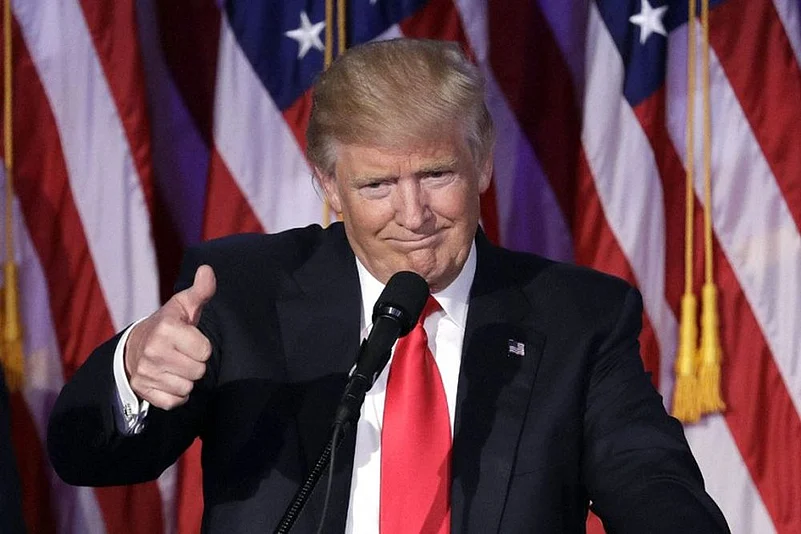Former US President Donald Trump did not pay any federal income tax in 2020, as per the records released by House of Representatives Ways and Means Committee on Tuesday. The committee was able to show that the billionaire used very aggressive tax strategies and some dubious deductions to reduce his tax liability.
To not pay any income tax does not mean that Trump did not have any ‘income’ during that year. In fact, it is possible to be the wealthiest person in the world, living in a country that raises tax on income, and still not pay any income tax. The secret behind this, exploited by wealthy people around the world, lies in differentiating wealth and income.
Evasion vs Avoidance
Non-payment of tax, be it on income or anything else, can be achieved in two ways. One involves having a tax liability and still not paying the tax. This usually involves concealment of income or other information and is in violation of tax laws. Such a practice is called tax evasion and is obviously illegal. The ultrawealthy are usually too smart to attempt this.
The second method is to reduce one’s tax liability through legal means. This can be construed as unethical, but it is acceptable in the eyes of law. Such tax avoidance is a common behaviour among the wealthiest people. In fact, Tesla boss Elon Musk, who was the wealthiest person on the planet until a few weeks ago, did not pay a single penny as income tax in 2018.
Jeff Bezos, who occupied the top position in the list of world’s wealthiest people before Musk ever got there, paid zero income tax in 2007. Michael Bloomberg, the media mogul, is another famous multi-billionaire who had achieved the zero-income-tax status in the recent past.
This does not mean that they did not amass any wealth during the years in which they had zero income tax liability. It is just that they were able to offset their income with other losses they have incurred. The tax laws are framed in such a way that, in many cases, one can negate the profits one has made with losses incurred in other ways, to reduce the total tax liability. Not surprisingly, the super-rich capitalise on this loophole very effectively.
This grey line between wealth and income is also the reason why Mukesh Ambani, the second-richest person in India, can afford to draw zero rupees as salary from his flagship Reliance Industries for two years in a row. It is not that he is forgoing renumeration for all the efforts he is putting into his company; instead, he is simply reducing his tax liability.































